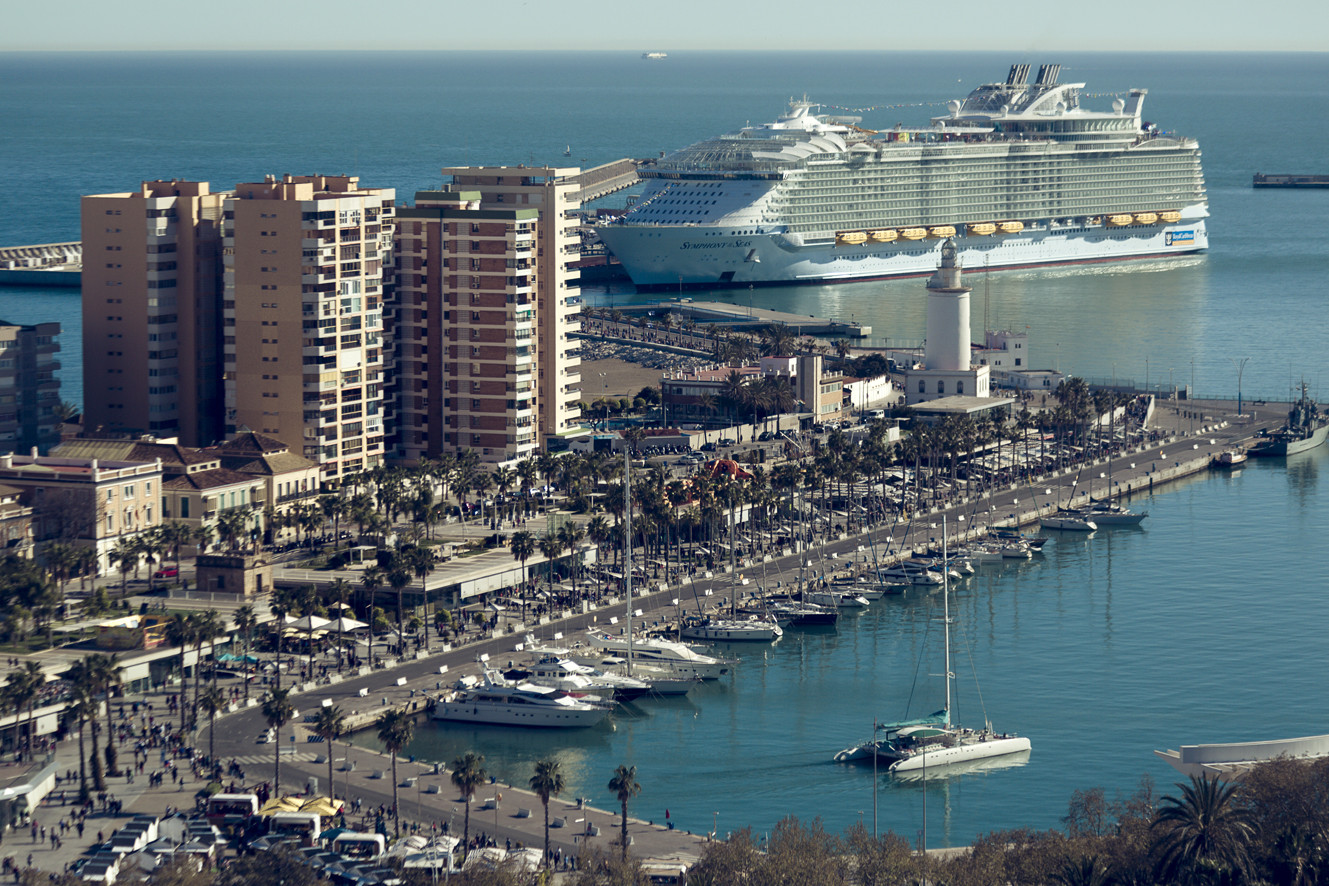SPAIN’S ban on cruise ships docking within its borders has been extended indefinitely.
Cruise companies and holidaymakers have been left in limbo, despite other tourists being welcomed back across Spain’s borders.
The country’s Ministry of Transport announced on Tuesday that even though the borders would begin to open on June 21, the ports will remain closed for large cruise liners.
The ban was initially introduced on March 13, a day before the national state of alarm came into force, and has been extended twice since.
In the official bulletin released by the Ministry, it was explained that due to the vulnerability of large scale vessels, preventative measures must remain in place to prevent further outbreaks.
“Before cruise ships resume operations, ships’ operators must establish strict procedures to reduce the risk of contagion on board and provide adequate medical assistance in the event of contagion,” read the statement.
The Ministry concluded that the extension of the ban is owing to a ‘still complex, unpredictable and dynamic evolution of the pandemic.’
The ban is also extended to foreign registered vessels and recreational boats unless manned by a professional crew and registered with an official board.
The cruise industry in Spain makes up a large portion of the tourism sector, with more than 10 million passengers visiting Spanish shores during 2019.
However, since the pandemic swept across the globe, numerous cruise ships have become epicentres for significant outbreaks due to their confined nature.
In total, 40 cruise liners were stricken with COVID-19 cases, the most deadly being the Australian registered Ruby Princess with 852 cases and 22 deaths.
The pandemic has hit the industry hard, with regular Spanish visitor Carnival Cruises releasing some unbelievable figures.
Carnival Corporation, which operates Costa Cruises, P&O and Windstar, reportedly was losing $500 million per month during the crisis, causing it to sell six of it’s flagship liners to settle debts of over $4 billion.








